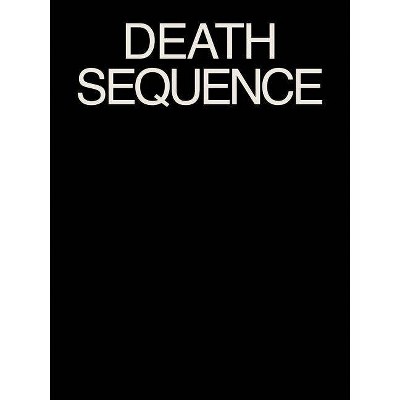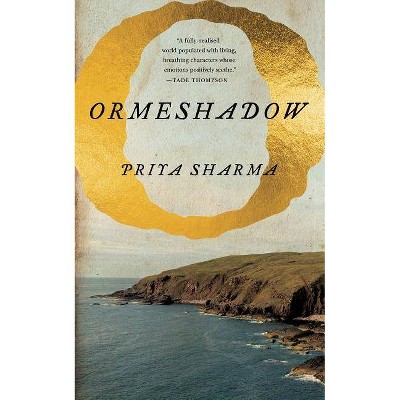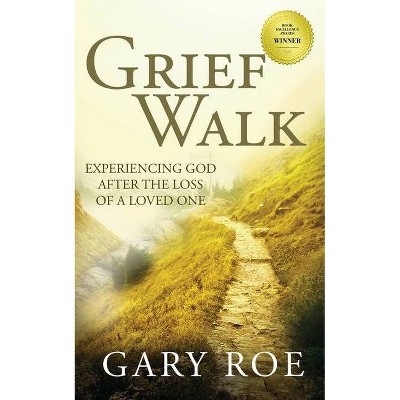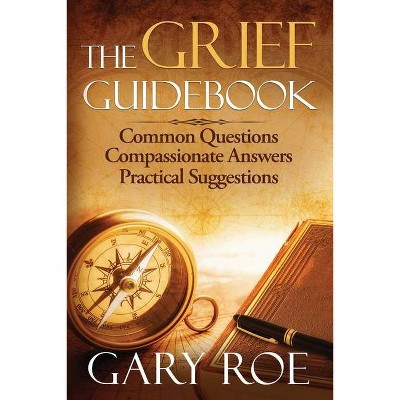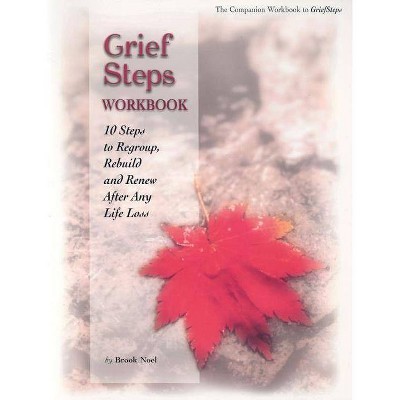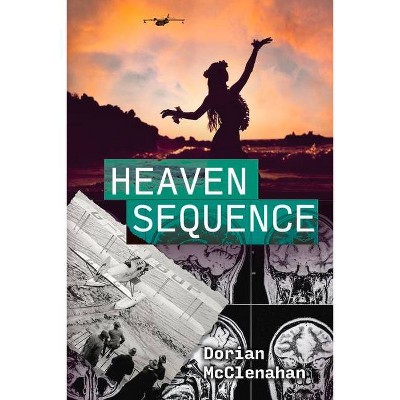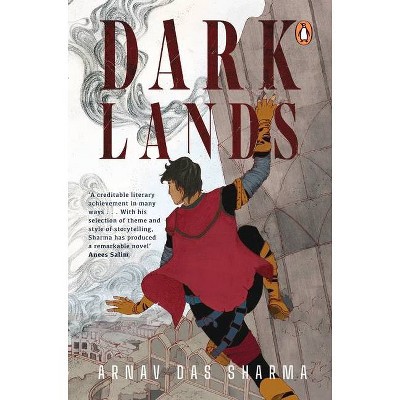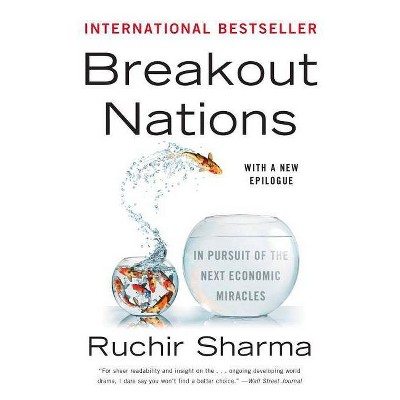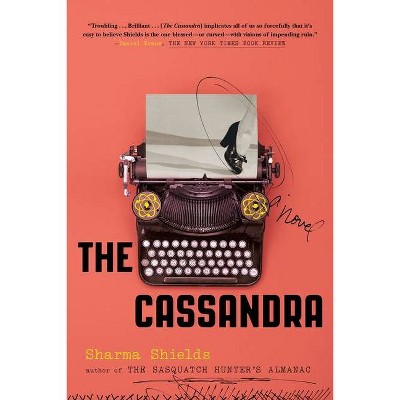Grief Sequence - by Prageeta Sharma (Paperback)
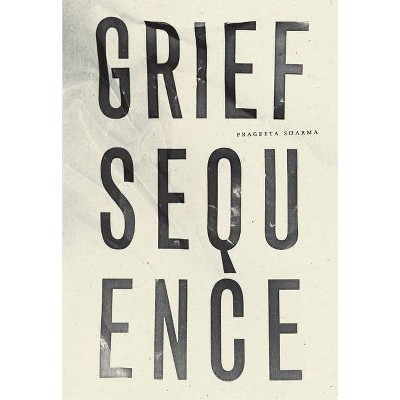
Similar Products
Products of same category from the store
AllProduct info
<p/><br></br><p><b> About the Book </b></p></br></br>With staggering emotional honesty, Sharma confronts the sudden loss of her spouse to cancer.<p/><br></br><p><b> Book Synopsis </b></p></br></br>Offering a series of poems rooted in the profoundly narrative yet disorienting experience of losing a loved one, Prageeta Sharma, in <em>Grief Sequence</em>, summons all of her resources in order to attempt any semblance, poetic or otherwise, of clear sense in trauma. In doing so she shows that grief, frustrating to logic and yet as real as any experience we might know, is ripe for the sort of intellectual and emotional processing of which poetry is most capable.<p/><br></br><p><b> Review Quotes </b></p></br></br><br><p>It is clear that Sharma's thick use of language explores the craft of poetry and what it does to the crafter, the poet. . . . Think of each poem as a wish, a possibility, or another way that could have been.--Janice Sapigao, <em>Jacket2</em></p> <p>Sharma asks pressing questions about what is contained in the poetic 'I, ' exploring where it transgresses and where it capitulates to expectation. Proceeding with a lyric, analytical, and oblique relationship to personal narrative, the poems enact the graceful ambivalence of Sharma's statement that 'to find a salvageable concept/ in the word experience, / we must embrace how it's milky, how it's unformed always.'--<em>Publishers Weekly</em> </p> <p>Subtle and sharp as the needle capturing the starts and shifts of an imagination attentive to beauty and struggle, Sharma's poems are never gloomy and always gleam.--<em>The Volta</em>, </p> <p>Staying alive and moving to its rhythms is a fine definition of Sharma's poetry. I finished her book feeling lucky to be reading in an age when the technology is in place and Prageeta Sharma deft enough with it to produce this volume of truly charming, truly interesting poems.--<em>Verse Magazine</em></p> <p> </p><br><br>How does a poet memorialize her beloved without erasing his complexity? Sharma writes candidly of the elegized's personality -- 'your death was as sudden as your rage' -- and of her unanswered anxieties: 'Did he tell the doctor he didn't love me anymore and that's why I wasn't allowed into those conversations?' In doing so, Sharma complicates her narrative away from sentimentality and into reality-fracturing emotionality.--<em>The New York Times</em><br><p/><br></br><p><b> About the Author </b></p></br></br><strong>Prageeta Sharma </strong>is the author of the poetry collections <em>Grief Sequence </em>(Wave Books, 2019), <em>Undergloom </em>(Fence Books, 2013), <em>Infamous Landscapes </em>(Fence Books, 2007), <em>The Opening Question</em> (Fence Books, 2004), which won the 2004 Fence Modern Poets Prize, and <em>Bliss to Fill </em>(Subpress, 2000). She is the founder of the conference Thinking Its Presence: Race, Creative Writing, Literary Studies and Art. A recipient of the 2010 Howard Foundation Award, she has taught at the University of Montana and now teaches at Pomona College.
Price History
Price Archive shows prices from various stores, lets you see history and find the cheapest. There is no actual sale on the website. For all support, inquiry and suggestion messages communication@pricearchive.us
